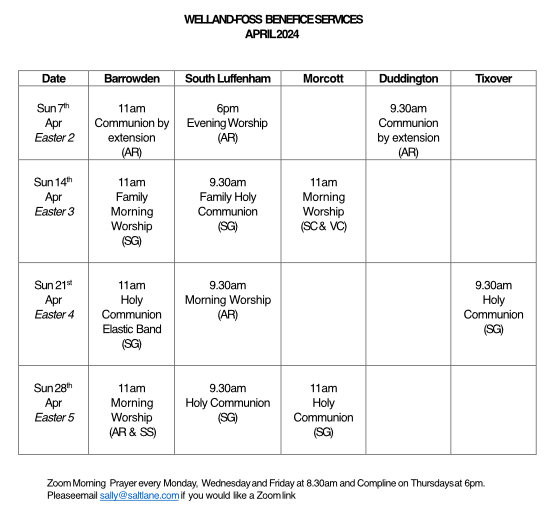
Duddington Duck Race and Hog Roast 13th July 2014

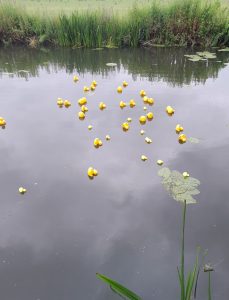
Not as announced by the Rector, a Hog race and Duck roast.
The Marriage of Karin and Bruce at Tixover Church, 30th of June. Photo by Imaginarium
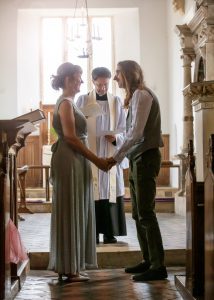
Barrowden Fete, in aid of St Peter’s Church and a Variety of other Village Organisations. Saturday 29/06/24

Hot dogs. Cake. Cream teas. Music. Bargains. Sunshine. Community.
Benefice Services for July 2024
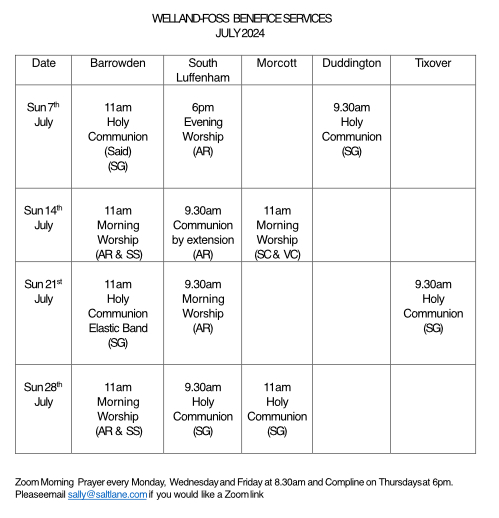
A Christening at Barrowden.
Photo from the Christening of Mila Kerr Parker – Clegg, at Barrowden Church, 9th of June 2024
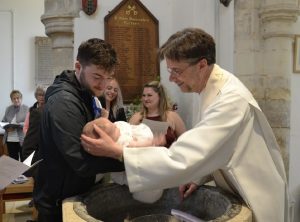
Tixover Rogation Slide Show
Benefice Services for June 2024
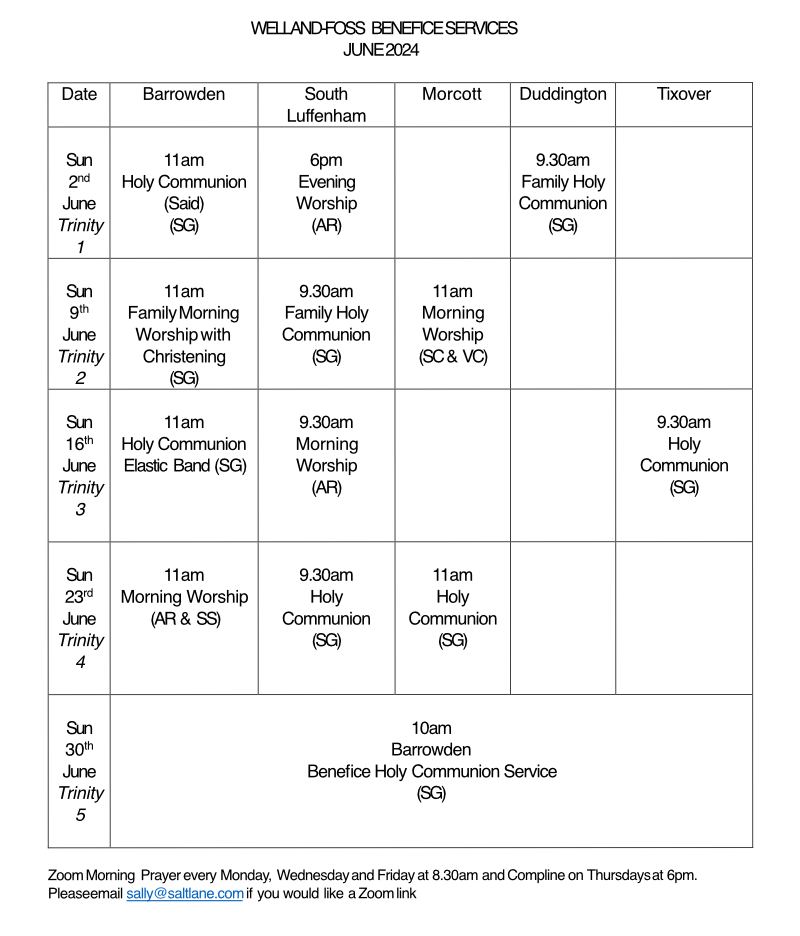
Benefice Services for May 2024
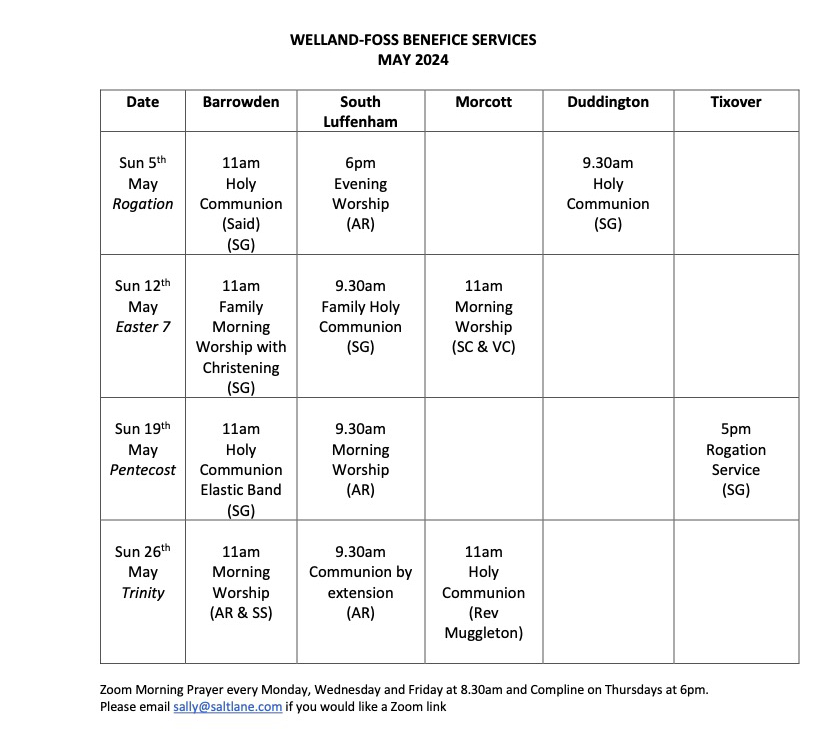
Benefice Services for April 2024
